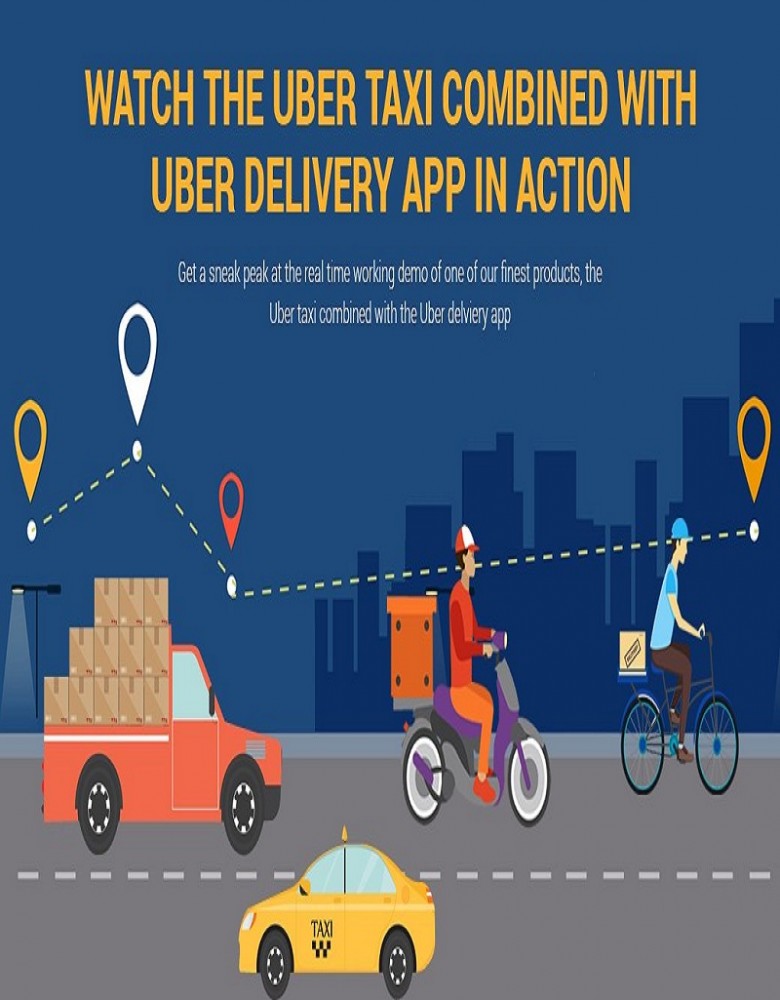Streamlining Hiring with Modern Video Interview Services
A video interview service offers more than just a webcam-based chat; it is a sophisticated hiring tool that combines convenience, scalability, and insights-driven evaluation.

In today’s digital-first world, hiring practices have evolved significantly. With remote work on the rise and globalization shaping talent acquisition, organizations are increasingly turning to video interview service solutions to streamline their recruitment processes. These tools allow companies to assess candidates more efficiently, reduce hiring time, and ensure a better overall experience for both employers and applicants.
A video interview service offers more than just a webcam-based chat; it is a sophisticated hiring tool that combines convenience, scalability, and insights-driven evaluation. By integrating such services into the recruitment process, companies are gaining a competitive edge in finding the right talent at the right time.
What is a Video Interview Service?
A video interview service is a digital platform that allows employers to conduct interviews with job candidates remotely using video technology. Unlike traditional interviews that require scheduling, travel, and face-to-face interactions, this service enables recruiters to interview candidates virtually, either in real-time (live interviews) or asynchronously (pre-recorded interviews).
These platforms typically come with features like question templates, candidate response recording, automated scheduling, AI-based analysis, and integration with applicant tracking systems. They are especially useful for roles that require large-scale hiring or for organizations recruiting talent across multiple locations.
Key Benefits of Using a Video Interview Service
1. Time and Cost Efficiency
One of the most significant advantages of using a video interview service is the reduction in time and costs. Companies save on travel, accommodation, and logistics involved in coordinating in-person interviews. Interviewers can review candidate responses at their convenience, allowing for better time management.
2. Faster Screening and Shortlisting
Pre-recorded video interviews enable recruiters to quickly screen a large number of candidates by reviewing video responses to standardized questions. This makes it easier to compare applicants side by side and identify top talent without lengthy phone screens.
3. Enhanced Candidate Experience
Candidates often appreciate the flexibility offered by a video interview service. They can complete interviews at a time and place that suits them, reducing stress and logistical challenges. A well-designed platform with a clean interface can leave a positive impression on candidates and reflect well on the company.
4. Unbiased Evaluation
Modern video interview platforms often include features that support structured interviews and objective scoring. This minimizes unconscious bias, as each candidate is evaluated based on consistent criteria, which helps promote fairness and inclusivity in hiring.
5. Access to Global Talent
With remote hiring becoming the norm, a video interview service removes geographical limitations. Organizations can now source and assess talent from different regions without the constraints of location, expanding the reach and diversity of their candidate pool.
6. Integration with Recruitment Tools
Many video interview platforms integrate seamlessly with applicant tracking systems (ATS), calendar tools, and HR software. This allows for better workflow management, from scheduling interviews to tracking candidate progress and generating reports.
Types of Video Interview Services
There are two primary types of video interview services used in modern hiring:
Live Video Interviews
These are real-time interviews conducted over video calls, similar to Zoom or Skype but hosted on dedicated recruitment platforms with added features like interview recording, rating systems, and collaborative evaluation.
One-Way or Asynchronous Interviews
In this format, candidates record responses to pre-set questions at their own convenience. Recruiters can then review these responses whenever they choose. This is particularly useful for initial screening and helps narrow down the candidate pool before live interviews.
Best Practices for Using a Video Interview Service
To maximize the effectiveness of a video interview service, consider the following tips:
-
Prepare clear and concise questions that align with the job role.
-
Provide candidates with detailed instructions on how to complete the interview.
-
Use structured evaluation rubrics to maintain consistency.
-
Maintain a professional and user-friendly platform to reflect the company’s image.
-
Respect candidate privacy by ensuring compliance with data protection regulations.
Potential Challenges and How to Overcome Them
While video interview services offer many benefits, there can be challenges such as:
-
Technical issues: Ensure the platform is reliable and accessible on different devices.
-
Candidate discomfort: Some candidates may be unfamiliar with the format. Providing a trial question or practice round can ease their anxiety.
-
Over-reliance on technology: Combine video assessments with human judgment to ensure well-rounded decisions.
Conclusion
The use of a video interview service has become a key element of modern recruitment strategies. It not only speeds up the hiring process but also ensures consistency, scalability, and improved candidate experiences. By adopting these services, companies can effectively meet their hiring goals, reduce operational burdens, and compete for top talent in a global market.
As recruitment continues to evolve, integrating a robust video interview service is no longer a luxury—it’s a necessity for organizations aiming to stay agile, inclusive, and efficient in their hiring practices.
What's Your Reaction?



















